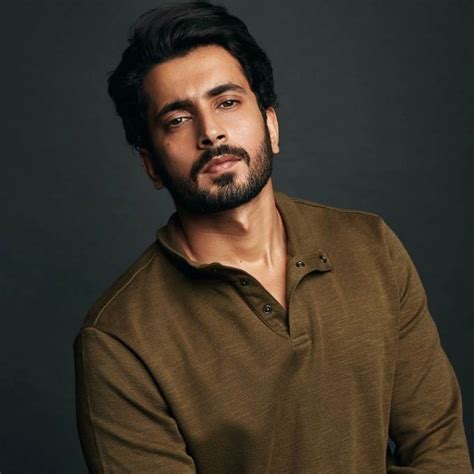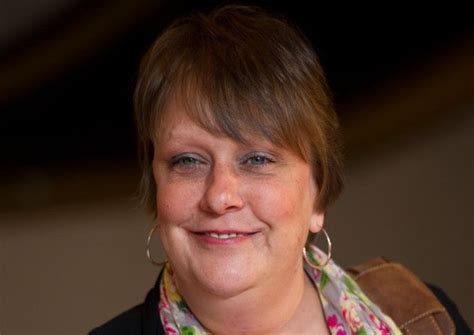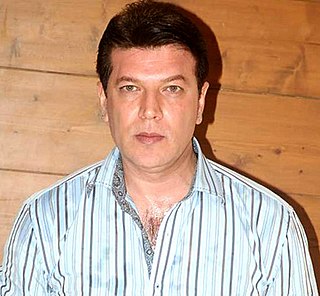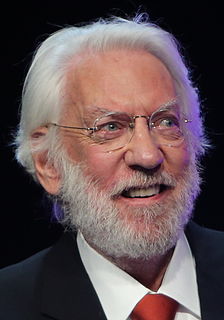A Quote by Prosenjit Chatterjee
There used to be times when I used to be bothered about box office, director, producer, the actress... If those ticks were marked, I used to say 'yes' to a film. Later on, my focus absolutely changed. Now if a character stays with me for two to three nights, I say 'yes' to the film.
Related Quotes
When you shoot a film, when it was film, there used to be rushes and normally a director would look at them the next day. All directors look at the rushes, except for Fellini. I asked him why he didn't and said, "Because it interrupts my fantasy." What he was trying to say was that he had a three-dimensional, vibrant, living, volatile fantasy going on in his head, and when he looked at rushes, they were two-dimensional and they killed it.
Me and Kirby are very collaborative and it changes from film to film. The first project we worked on together, Derrida, we co-directed. The last film Outrage, I was the producer and he was the director. This film was much more of a collaboration - he is the director and I am the producer - but this is a film by both of us.
Out of sheer respect for the people I look up to in the industry, I do say 'yes' to projects at times. It helps me learn a lot. Also, if I am playing a small role in a good, content-driven film, I say yes to it. But there have been times when I said 'no' to films because I was not convinced with the content.
I asked myself if I would kill my parents to save his life, a question I had been posing since I was fifteen. The answer always used to be yes. But in time, all those boys had faded away, and my parents were still there. I was now less and less willing to kill them for anyone; in fact, I worried for their health. In this case, however, I had to say yes. Yes, I would.
As a filmmaker I have changed, yes. I seem to have crossed a line and that journey, trajectory change is more apparent. I'd say, what changed dramatically in me as a filmmaker is the fact that now, it is about why am I making the film, what is this supposed to mean to people. Earlier, it was more about entertaining or engaging them.
There are three kinds of yeses. There's commitment, confirmation, and counterfeit. People are most used to giving the counterfeit yes because they've been trapped by the confirmation yes so many times. So the way you master no is understanding what really happens when somebody says 'no.' When yes is commitment, no is protection.




































